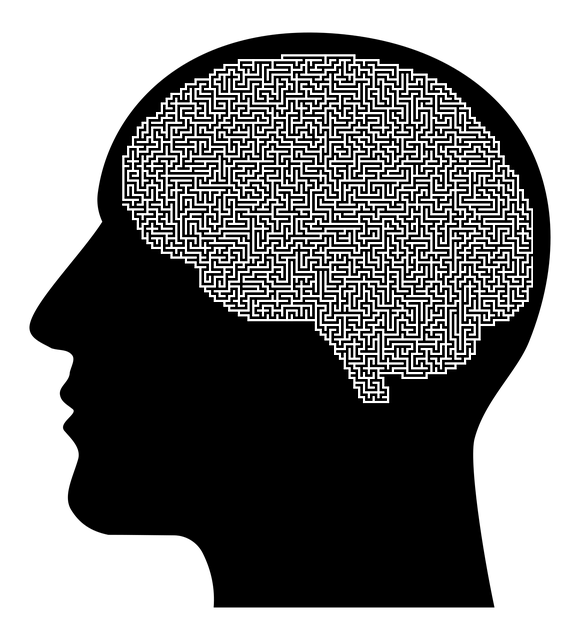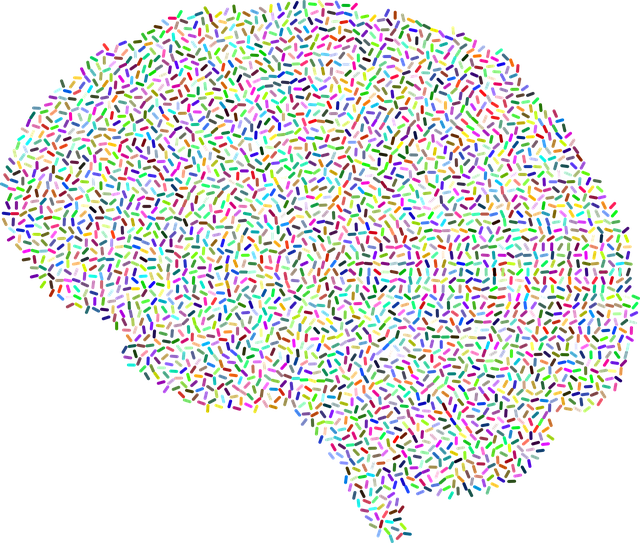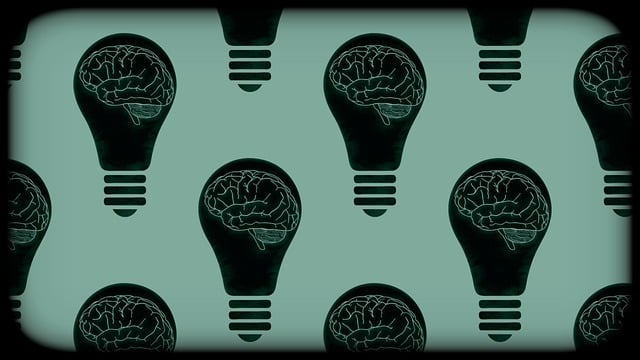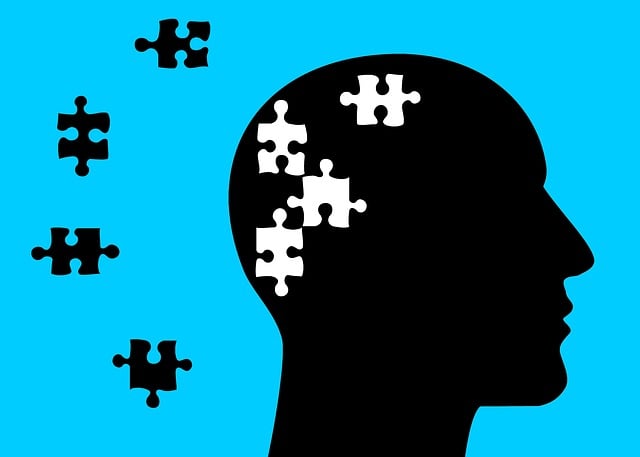Understanding eating disorder diagnoses is key to initiating recovery in Denver, Colorado. Denver Eating Disorders Therapy offers specialized support through evidence-based practices like CBT and DBT, focusing on individual needs. By combining therapy, education, coping strategies, and community resources, they empower individuals to manage disorders like anorexia, bulimia, or binge eating. The long-term goal is continuous recovery, emphasizing healthy habits, stress management, and relapse prevention through support networks and open discussions.
“Navigating mental illness is a complex journey, but with the right support, recovery is achievable. This comprehensive guide, tailored to Denver Eating Disorders Therapy’s expertise, offers a detailed exploration of mental health diagnoses and treatment options available in Denver. From understanding diagnosis criteria to discovering suitable therapies, medications, and support groups, this article equips readers with knowledge. Learn how building a robust support network and adopting long-term management strategies can foster lasting recovery. Discover the transformative power of Denver Eating Disorders Therapy for overcoming eating disorders and related mental health challenges.”
- Understanding Mental Health Diagnoses: A Comprehensive Guide for Denver Eating Disorders Therapy
- The Process of Receiving a Diagnosis: What to Expect and How Denver Eating Disorders Therapy Can Help
- Navigating Treatment Options: Exploring Therapies, Medications, and Support Groups in Denver
- Building a Supportive Network: Family, Friends, and Community Resources for Mental Health Recovery
- Long-term Management and Prevention: Strategies for Sustaining Recovery and Avoiding Relapse with Denver Eating Disorders Therapy
Understanding Mental Health Diagnoses: A Comprehensive Guide for Denver Eating Disorders Therapy

Understanding mental health diagnoses is a crucial step for anyone seeking Denver eating disorders therapy or other forms of support. Mental wellness coaching programs development focuses on empowering individuals to recognize and accept their symptoms, which often stems from a comprehensive understanding of various disorders and their unique characteristics. By delving into this knowledge, one can better navigate the complexities of their condition and embark on a journey towards recovery.
In terms of Denver eating disorders therapy, mental health awareness plays a pivotal role. It equips individuals with the tools to identify early warning signs, challenge societal pressures, and foster inner strength development. This proactive approach is essential in managing conditions like anorexia nervosa, bulimia nervosa, or binge eating disorder. With proper guidance, one can develop strategies to improve their relationship with food and body image, ultimately enhancing their overall mental wellness.
The Process of Receiving a Diagnosis: What to Expect and How Denver Eating Disorders Therapy Can Help

Receiving a mental health diagnosis can be a daunting process, often filled with uncertainty and emotional turmoil. For individuals struggling with eating disorders, this journey can be particularly challenging. Denver Eating Disorders Therapy offers a safe space to navigate these complexities. Through specialized treatment, clients can expect to engage in comprehensive assessments, where skilled therapists employ evidence-based practices to gain insights into their unique experiences.
The therapy process involves building empathy and emotional intelligence, fostering an environment where individuals feel understood and supported. Therapists utilize various techniques to help clients explore the underlying causes of their disorders, develop coping strategies, and cultivate healthy relationships with food and their bodies. By incorporating burnout prevention strategies for healthcare providers, Denver Eating Disorders Therapy ensures that both the client and therapist remain resilient throughout the journey, enabling long-term recovery and improved quality of life.
Navigating Treatment Options: Exploring Therapies, Medications, and Support Groups in Denver

Navigating treatment options for mental health issues can be a daunting task, but Denver offers a diverse range of resources tailored to individual needs. For those struggling with eating disorders, specialized therapy plays a pivotal role in recovery. Cognitive Behavioral Therapy (CBT) and Dialectical Behavior Therapy (DBT) are evidence-based approaches that help individuals challenge distorted thinking patterns and develop healthier coping mechanisms. These therapies provide valuable tools for managing symptoms, improving emotional intelligence, and fostering inner strength development.
Additionally, support groups and medication management contribute to a comprehensive treatment plan. Denver’s vibrant community includes diverse support groups where individuals can share experiences, gain insights, and build connections with peers facing similar challenges. Medication, when prescribed by a qualified professional, may assist in symptom reduction for certain conditions. Combining these various treatment modalities, such as CBT, DBT, social skills training, and medication (when needed), allows for personalized care, empowering individuals on their journey to recovery while nurturing emotional well-being.
Building a Supportive Network: Family, Friends, and Community Resources for Mental Health Recovery

Building a strong support network is an integral part of navigating mental illness and fostering recovery. In Denver, eating disorders therapy centers often emphasize the role of family and friends in a patient’s journey to mental wellness. These relationships can significantly impact one’s ability to manage and overcome challenges associated with depression or other mental health conditions. By educating and involving loved ones, individuals receive valuable support both within and outside professional settings.
Community resources play a crucial role in this process. Local support groups, community healthcare centers, and non-profit organizations dedicated to mental health awareness offer additional assistance. These networks provide various services, including counseling, peer support, and educational programs focused on depression prevention and promoting cultural competency among healthcare providers. Such initiatives ensure that individuals facing mental health struggles have access to comprehensive care tailored to their unique needs.
Long-term Management and Prevention: Strategies for Sustaining Recovery and Avoiding Relapse with Denver Eating Disorders Therapy

Long-term management of eating disorders involves a commitment to ongoing recovery and proactive measures to avoid relapse. Denver Eating Disorders Therapy emphasizes that healing is an ongoing process, requiring continuous support and self-care practices. The journey towards sustained recovery often includes incorporating healthy habits into daily routines, such as regular exercise, balanced nutrition, and effective coping strategies for stress management.
In addition to individual therapy sessions, Denver Eating Disorders Therapy encourages clients to engage in Mental Wellness Journaling Exercises, fostering self-reflection and awareness of triggers and warning signs of relapse. By reducing the Mental Illness Stigma through open discussions and education, individuals are empowered to seek help early and maintain a positive outlook on their mental health journey. Encouraging ongoing engagement in Mental Health Awareness initiatives can also create a supportive community, providing additional resources for clients to navigate challenges and thrive in long-term recovery.
Navigating mental illness is a complex journey, but with the right support, it is possible to achieve recovery. Denver Eating Disorders Therapy provides an integral part of this support system by offering comprehensive guidance throughout each step of the process. From understanding diagnoses and exploring treatment options to building a supportive network, their expertise ensures individuals receive the best care. By combining therapies, medications, and community resources, they empower clients to manage long-term mental health effectively. With Denver Eating Disorders Therapy, recovery becomes a tangible goal, offering hope and a brighter future for those facing eating disorders or other mental health challenges.














